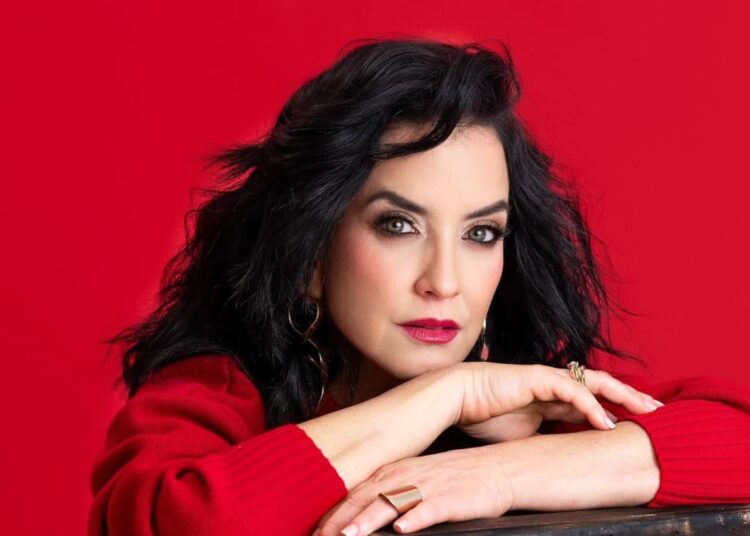Cuban actress Edith Obregón Romero (born May 18, 1979 in Sancti Spíritus), a graduate of the Higher Institute of Art (ISA), has established herself as one of the most versatile and respected figures on the theater scene both in Cuba and abroad.
Her career began at the Ernesto Lecuona Conservatory in Sancti Spíritus, where she trained as a pianist in 1994. She then definitively turned to acting at the National Art Schools (ENA) and the ISA, from which she graduated in 2004. Since then, she has made her mark in memorable productions such as Hienas, Del Parque a la Luna, Coco Verde and Cuatro Hechizos, as well as on television with the adapted stories Emma Sunz and El placer de la intimidad, both directed by Consuelo Ramírez, the children’s program Claro, Clarita, and episodes of Tras la huella.
Based in Miami, Edith continues to be involved with the stage with projects that have forced her to reinvent herself as an actress. Her most recent appearances include ¿Y tú qué has hecho?, directed by Rachel Pastor, and Enemigas íntimas, by Yusnel Suárez.
Aware of the changes brought about by the digital age, the artist has taken advantage of new platforms. Her participation in PRONYR TV, one of the leading Spanish-language streaming platforms, has allowed her to conquer international audiences and gain recognition by thousands of viewers. She particularly stood out in the second season of Crimen en Miami, in the double episode La roommate, where she played the protagonist’s friend and starred alongside actors such as Alejandro Socorro, Roxana Montenegro and Amanda Libertad.
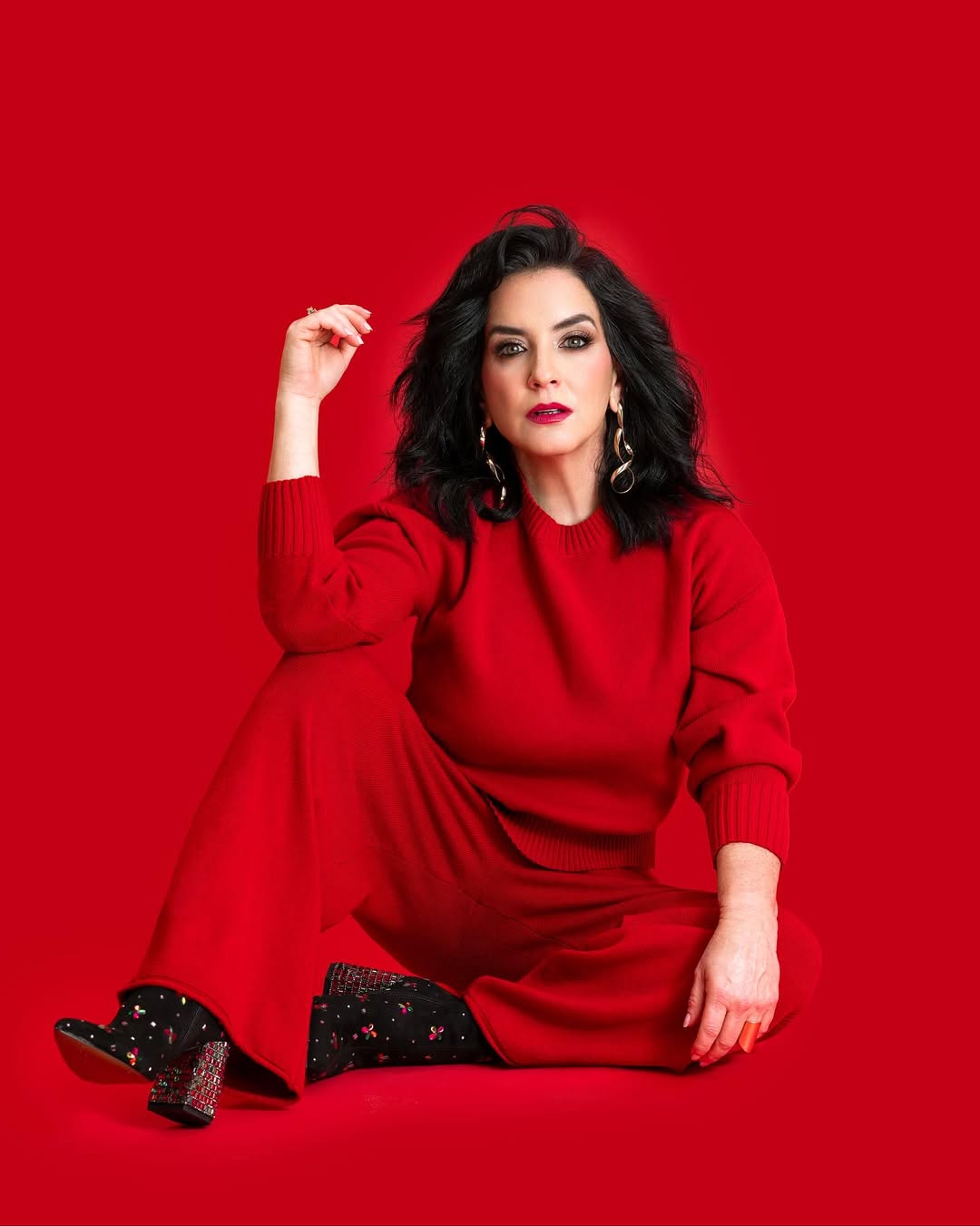
What do you remember about your early years at the ENA and later at the ISA?
I started at the ENA very young. Leaving my family and everything I knew, at just 15 years old, to face a career 365 kilometers from home, was one of the greatest challenges of my life. That transition opened me up to a world of possibilities and experiences that awakened in me a different sensitivity toward theater and life: more empathetic, humane and curious. The hardest part was that all this happened during the Special Period in Cuba, where living on a scholarship was not easy due to the conditions of the time.
Already at the ISA, although the scholarship and country conditions were also difficult, I was more mature and fully aware of my true calling. The passion I discovered for my career led me to seize every opportunity under the guidance of teachers like Carlos Celdrán and to share time with highly talented colleagues, many of whom are now my closest friends.
The ISA not only gave me the most valuable memories of my student life, but also allowed me to grow professionally, being part of Argos Teatro and later returning as a professor to the same institution that trained me. Both the National Art Schools and the Higher Institute of Art taught me resilience and adaptation in challenging times, and gave me the tools and confidence to consolidate my calling. Both stages were decisive in my life, as they laid the foundation for my personal and artistic development.
One of the projects you were part of was Claro, Clarita. What was it like working with children?
Claro, Clarita and the character of Pelusa was one of the experiences for children I most enjoyed, because throughout the entire process, I felt like a child myself. Pepe Cabrera, its director, gave me the freedom to play, compose, decompose, assemble and disassemble the character with absolute confidence. That’s why I filled Pelusa with colors and contradictions: I didn’t conceive of her as good or evil, but simply authentic, and on that basis, I constructed her character while playing at interpreting her with her nuances and quirks.
Later, I continued working with children, especially in recent years as part of Ingenio Teatro, under the direction of Liliam Vega, where I was able to further explore the importance of theater as a formative tool.
Art and theater in childhood are fundamental because they not only awaken creativity and imagination, but also develop skills in discipline, communication and teamwork. The most beautiful thing is seeing these children take over a stage score we created together and defend it on stage, in front of an audience made up by their parents, family and friends. That moment, where joy and pride blend, is one of the greatest gifts children’s theater can offer.
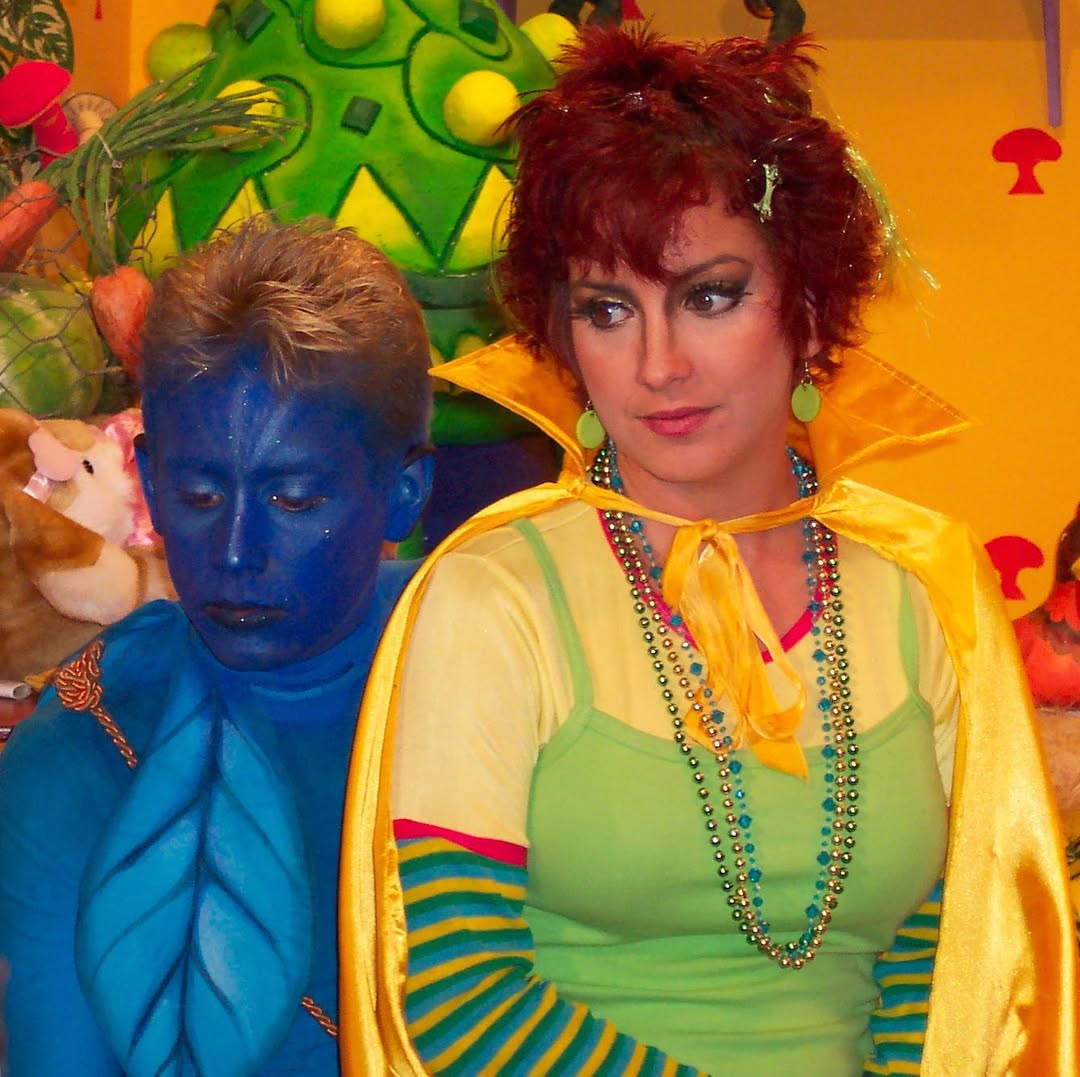
Your training includes acting workshops in countries outside of Cuba. How did these approaches influence your process as an actress and construction of characters?
I would say that one of the most significant training experiences outside of Cuba has been my time in the workshops and creative processes with Yusnel Suárez in Teatro Trail, here in Miami, as well as my performance in the comedies I’ve had the privilege of working on with him.
Discovering myself as an actress within the comedic genre has been a fundamental discovery in my career, as I come from a primarily dramatic background. Although during my student years my classmates often pointed out that I had a natural talent for comedy, it wasn’t until I put it into practice and confronted it with the audience’s lively response — their laughter, energy, reactions — that I understood the true dimension of that side of me.
Working with Yusnel Suárez has been decisive, because from his perspective as a director, he was able to identify nuances and resources that even I didn’t see. His ability to anticipate my possibilities and challenge me to reach them, always with confidence, has allowed me to expand my acting range toward more complex and challenging roles. An example of this was the creation of the character of Estela in Enemigas íntimas, a role completely alien to my nature, which gave me the opportunity to share the stage with great actresses from our country such as Susana Pérez, Irela Bravo and Beatriz Valdés.
From left to right: Irela Bravo, Susana Pérez, Beatriz Valdés and Edith Obregón in “Enemigas íntimas” by Yusnel Suárez. Photo: OMG Studios.
There is no better training than practice itself, and working in such a high-caliber cast became a true acting laboratory, where each performance represented an exercise in learning, self-improvement and professional growth.
Are actors born or trained?
Acting is a blend of innate talent and technical training. There are performers who possess a natural sensitivity for observation, empathy and expression, which allows them to connect with the audience almost instinctively. However, academic training and coaching hone these qualities, providing tools that broaden their acting range and allow them to sustain a long-term career.
There are well-known cases of actors who had no formal academic training but who demonstrated extraordinary natural talent. Johnny Depp, for example, never studied acting in school; his career began almost by accident, but his ability to transform himself into unique characters led him to become one of the most versatile actors in Hollywood. Joaquin Phoenix developed his career practically based on intuition and direct experience on set, becoming one of the most recognized and respected actors today.
In short, an actor can be born with innate talent, but training, whether academic or acquired through practical experience, is what allows them to develop that potential and sustain it with greater depth and consistency.
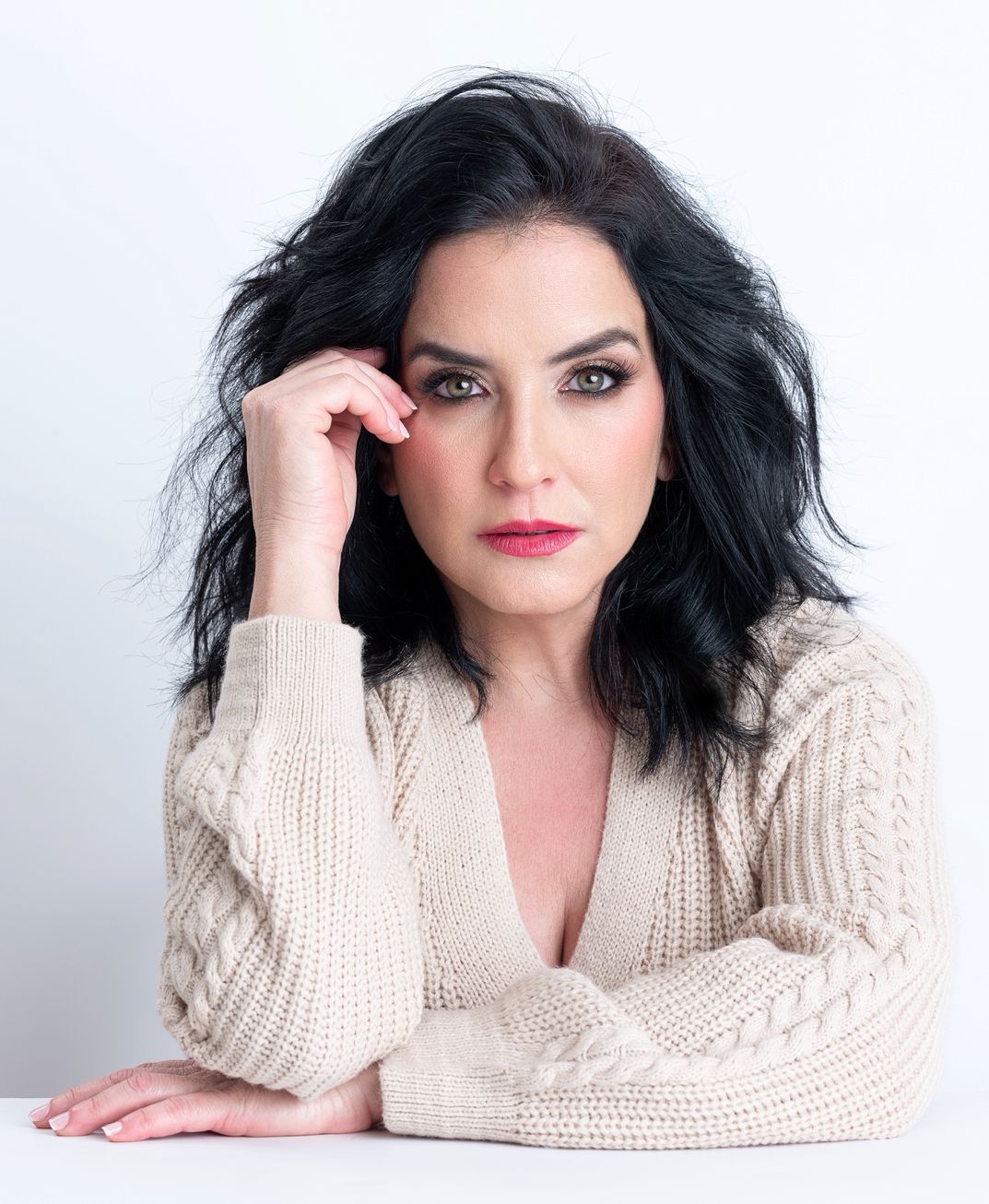
Which role do you remember most fondly?
One of the roles I remember most fondly is that of Laura, the neighbor in Virgilio Piñera’s play Aire frío, directed by Carlos Celdrán at the Argos Teatro venue. Although it was a seemingly small role — and I say “seemingly” because, for me, minor characters don’t exist — it was a character I built from scratch. In the original play the character is a little older and, in Celdrán’s version, I wanted her to be younger and more contemporary. This new perspective allowed me to give voice to a very close reality: that of many Cuban women facing a harsh, challenging daily life.
Through Laura, I sought to reflect not only female resilience, but also the need to dream of a different life. Beyond fiction, Laura became a bridge between my own life, my country and the invisible stories of so many women around me. Aire frío was also my last production in Cuba, and with that Laura became the last character I played in my country, which is why she holds a very special place in my memory and career.
Your career has spanned theater, television and streaming. How do you see the transformation of the performing arts in the digital age and what opportunities does it offer for actors?
The digital age has profoundly transformed the way the performing arts are consumed and produced. Theater maintains its essence as a living and unique encounter, but today it coexists with digital platforms that expand its reach and make it accessible to audiences who previously could not access it. For actors, this represents a tremendous opportunity: streaming allows us to explore new formats, reach global audiences and experiment with narratives that combine audiovisual and theatrical aspects. At the same time, it challenges us to adapt to different performance codes, from the intimacy of the camera to theatrical projection, which enriches our trade and keeps it constantly evolving.
The world of digital entertainment has changed the way actors reach audiences. How have you adapted to this new era?
I’ve adapted, understanding that the trade requires versatility. In the digital age, we don’t just perform; we also generate content, communicate more directly with viewers and learn to navigate different languages and formats.
Although I’m not one of those who exposes themselves the most or who constantly creates content for social media, I deeply admire those who reinvent themselves every day and seek to surprise their followers with new proposals. I see this as a great opportunity because, in addition to expanding the audience, it challenges us to stay current, reinvent ourselves and explore new forms of artistic expression that coexist with the traditional.

Cuban theater has been a space of resistance and artistic expression. How do you see the role of theater in today’s society, and what changes have you observed in the Cuban scene?
Cuban theater has always been a space of resistance. Today, it continues to be an essential medium for reflecting on society and giving voice to realities that would otherwise be silenced. The most significant change I’ve observed is the impact of migration: many actors, directors, playwrights and technicians have had to leave the island, which has gradually transformed the national scene.
However, this same phenomenon has expanded the reach of Cuban theater: today the entire world has become its stage. Wherever a Cuban creates, whether in theater, film, television or digital platforms, they continue to represent and project those multiple voices that are part of our identity.
Although Cuba has lost great talents, this artistic diaspora has allowed Cuban theater to transcend borders and reinvent itself, demonstrating that its expressive power and resilience remain alive.
Do you think that when actors leave Cuba, they are forgotten by the island’s audiences?
Not necessarily. Physical absence from the island’s stages and screens can cause actors to cease being in the immediate presence of the Cuban audience, but that doesn’t mean they are forgotten. The memory and imprint of artists depend as much on the transcendence of their work as on the emotional connection they have established with their audience. Today, moreover, digital platforms and social media have narrowed the gap. Many actors continue to connect with Cuban audiences from any part of the world, whether through online projects, interviews or remote collaborations.
How difficult is it for an actress to emigrate and again practice her profession in another country?
Emigrating is always a complex process, and for an actress it is even more so because her profession directly depends on language, culture and integration into an artistic world that is often closed and highly competitive. It’s not just about talent, but also about learning to adapt to new production dynamics, different acting styles and a labor market with different rules.
One of the greatest challenges is forging a path from scratch: building networks, gaining the trust of new audiences and directors, and even rethinking one’s artistic identity to engage with the reality of the host country. All of this requires resilience, patience and a great capacity for reinvention.
Adding to this complexity is another reality: while in Cuba actors can make a living (or at least survive) solely from their trade, outside the country this is a privilege reserved for very few. The lack of stable companies and job security forces actors to combine their art with other jobs, and in this context, actors must work their magic over time. In this context, performing theater or television becomes not only a luxury but also an enormous challenge and a greater responsibility: to deliver, despite everything, a quality result to that wonderful audience that always expects the best.
Besides acting, are you interested in exploring the world of directing or writing professionally?
In Cuba, during my years as a professor at the ISA, I performed several shows with my students and then had the opportunity to direct in Argos Teatro the play Derrota de Raúl Dans. That production earned several actors nominations in different categories and awards, and it was very gratifying to feel that I had contributed to their achievements; in a way, their recognition was also mine.
Later, I worked alongside Carlos Celdrán as a directing consultant on Talco, by Abel González Melo, an experience that undoubtedly enriched my training and consolidated the creative and transparent dialogue I have always maintained with Carlos, whom I consider my mentor.
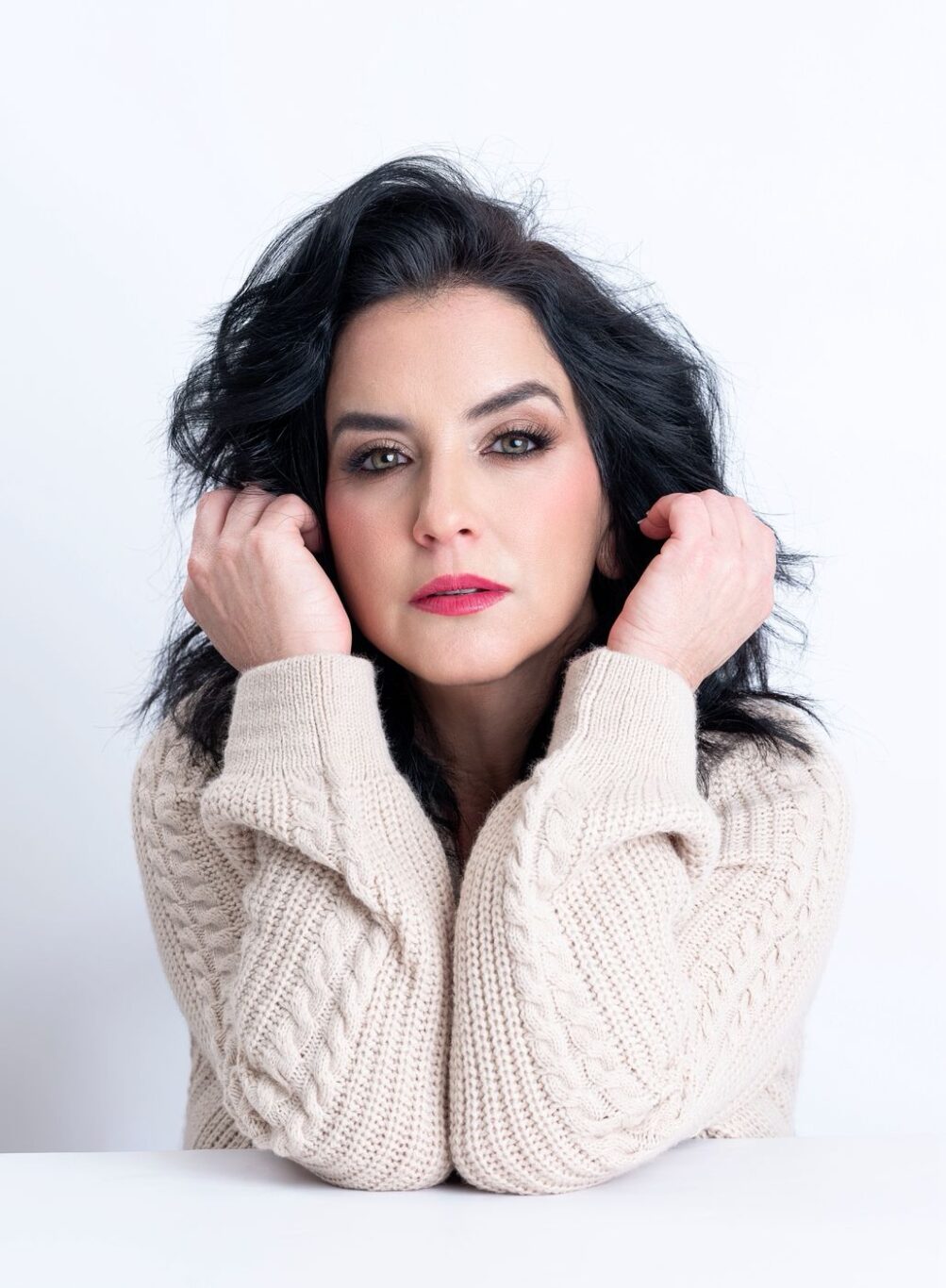
Once in Miami, I’ve collaborated on multiple projects with Yusnel Suárez, who has placed his trust in me to accompany several of his productions with a critical and constructive perspective. This work keeps me constantly learning, honing my analytical skills from the dissection of the text to the different stages of the creative process, always working alongside top-level casts and great Cuban actors.
Directing has always been present in my career, whether directly or indirectly. It’s a field I’m passionate about and feel comfortable in, but I’m also aware that it’s not yet time to embark on a solo career as a director. That calling has not yet arrived, and I firmly believe that directing is an act that cannot be forced, but must be born from a genuine need.

